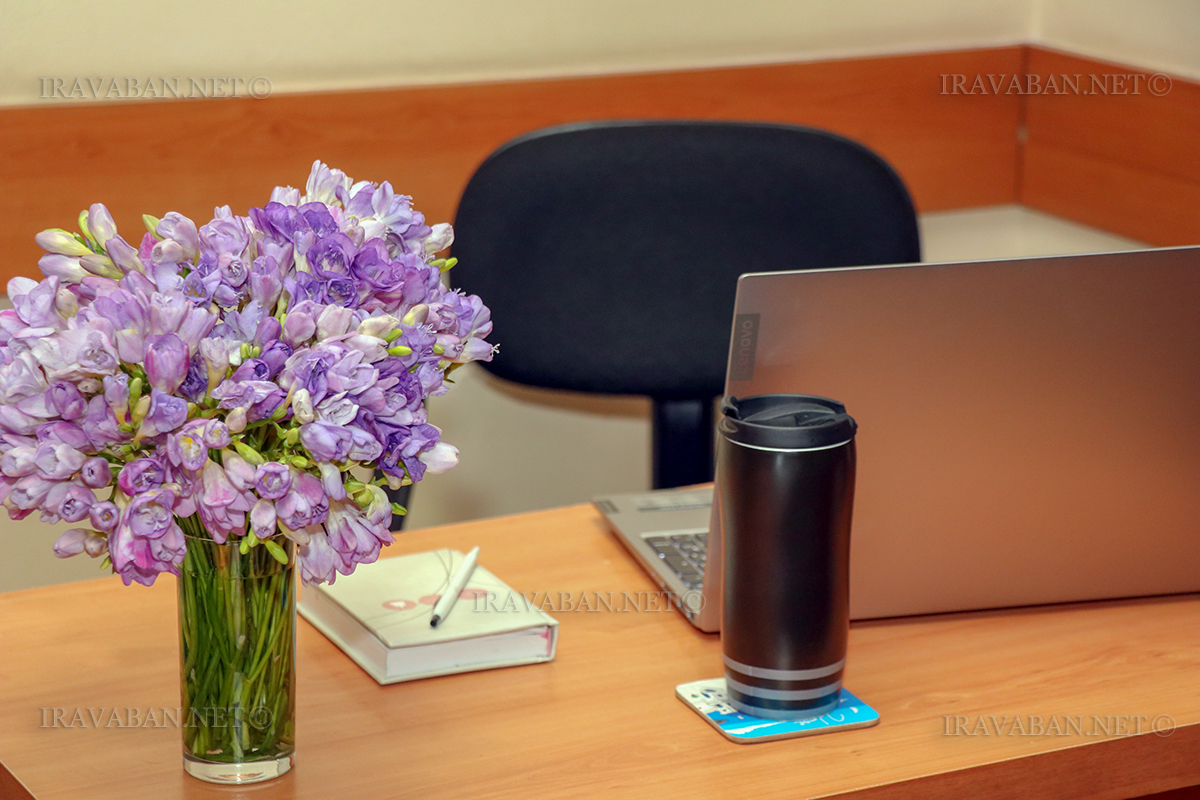The Market Surveillance Inspection Body has issued a statement informing organizations of sanitary-epidemic compliance, the risks and possible violations of their activities.
“On the observance of sanitary-epidemic rules in organizations, the possible dangers and the organization of work in case of their violation
The right to healthy and safe working conditions is the constitutional right of every employee, and this responsibility should be insured by the employer. In order to prevent the spread of the new type of coronavirus (COVID-19) (hereinafter referred to as “infection”) and to ensure safe working conditions for workers, organizations should:
- Provide conditions for regular and thorough hand washing (sinks) for drying.
Ensure water and soap, alcohol-based hand sanitizers, three-layer masks, and gloves are available in the workplace.
- Ensure the wearing of masks by employees who have direct contact with customers.
- Ensure that there is at least one tap for every 10 employees.
- Provide lockable bins for throwing used masks.
- Measure the temperature of each employee at least twice a day (with remote or personal use thermometers, including personal thermometers of employees), one of which will be recorded in the employee’s logbook.
- Establish rules and procedures for disinfecting the area at least twice a day: door handles, desks, manual touch surfaces (device surfaces, light switches, equipment handles, remote control panels, keyboards, keyboards, systems, general use phones, systems) and other organizations (pens used by clients or different persons, etc.), bathrooms, hand-held surfaces.
- Use chlorine-based or 60-80% alcohol-based disinfectants for the disinfectant, in accordance with the methodological guidance attached to the material.
- Ensure that the workplaces are at least 2 meters away from each other (according to WHO guidelines).
- Provide wardrobes designed for the protection of personal (outdoor and home) and work clothes;
- Limit business trips as far as possible.
- Appreciate the absence of employees with symptoms characteristic of acute respiratory infections (mild cough, fever), exclude their entry into the workplace, and if symptoms arise during work, immediately report to the Ministry of Health and ensure employee isolation.
- In case of getting information about having a worker infected with the virus at work, immediately identify the persons who had contact with the infected person and reported to the Ministry of Health of the Republic of Armenia.
- If you have an employee with a suspected infection at the workplace, call the Health Ministry hotline and, if possible, immediately disinfect the area where the employee worked, as well as any other area and area that could be accessible to that employee.
- Provide remote work opportunities for isolated persons where necessary.
Work organization:
- Provide flexible working conditions to reduce the number of people in the workplace mothers of many children, staff aged 60 and over and/or diabetes, cardiovascular, respiratory or other chronic illnesses, staff, and children.
- In the event of suspicion of illness at workplace, instruct the employee to move from home to work immediately, if not possible, and simply instruct the employee to leave work.
- Introduce necessary mechanisms for organizing work from home, ensuring compensation for work in the manner prescribed by the labor legislation of the Republic of Armenia for all cases where the requirements for the quality and timing of the work performed are met.
- Inform employees about safe behavior, in particular:
1) Avoid close contact with others, such as greeting, kissing, hugging;
2) Close the mouth and nose with a napkin or elbow (not a hand) while sneezing or coughing;
3) Throw the used napkin immediately into the closed trash;
4) Frequently wash your hands with soap and water for at least 20 seconds, if possible wash your hands with alcohol-based disinfectants;
5) Wear masks and gloves in case of direct contact with clients, preferably overalls (sanitary clothing)
6) Avoid touching eyes, nose, mouth;
7) Avoid close contact with persons with respiratory symptoms, and in case of unavoidable contact use a mask and ensure distance of at least 2 meters;
Disinfect the desk, computer, and other frequently used items at the start and end of the workday. Consider establishing a personal responsibility for disinfecting the area of use for each employee.
Employee Awareness Fact Sheet
- What is a virus?
Coronaviruses can cause both mild (acute respiratory infection, influenza) and severe illnesses, such as severe acute respiratory syndrome (SARS) and Middle East respiratory syndrome (MERS). The virus is called “New” because it has just been discovered. The virus is likely to be of animal origin, and there is now evidence that it can be transmitted from person to person.
- What are the symptoms?
Symptoms include (but are not limited to) high fever, cough, sore throat, weakness and difficulty breathing.
- How does the virus spread?
The virus spreads from person to person;
1) As a result of close contact with the patient with coronavirus disease.
2) By contact with a drop caused by a coughing or sneezing patient with coronavirus disease. Touching surfaces or objects (such as door handles or tables), and then touching the mouth or face caused by a cough or sneezing as a result of coronavirus disease.
- How long can a person be contagious to others?
The Ministry of Health is currently offering a 14-day isolation for travelers who have returned from disadvantaged countries with Coronavirus disease and those who have been in close contact with a confirmed case of Coronavirus.
- Who are at high risk for developing severe illness?
Some infected people may not have any symptoms, some may be very mild, and they can easily recover. And it may be very heavy and quick in case of others.
The following persons are at risk of developing severe disease.
1) People with weak immune systems (eg, cancer)
2) Adults 70 years and older
3) Persons with chronic diseases
4) Toddlers and Babies.”















